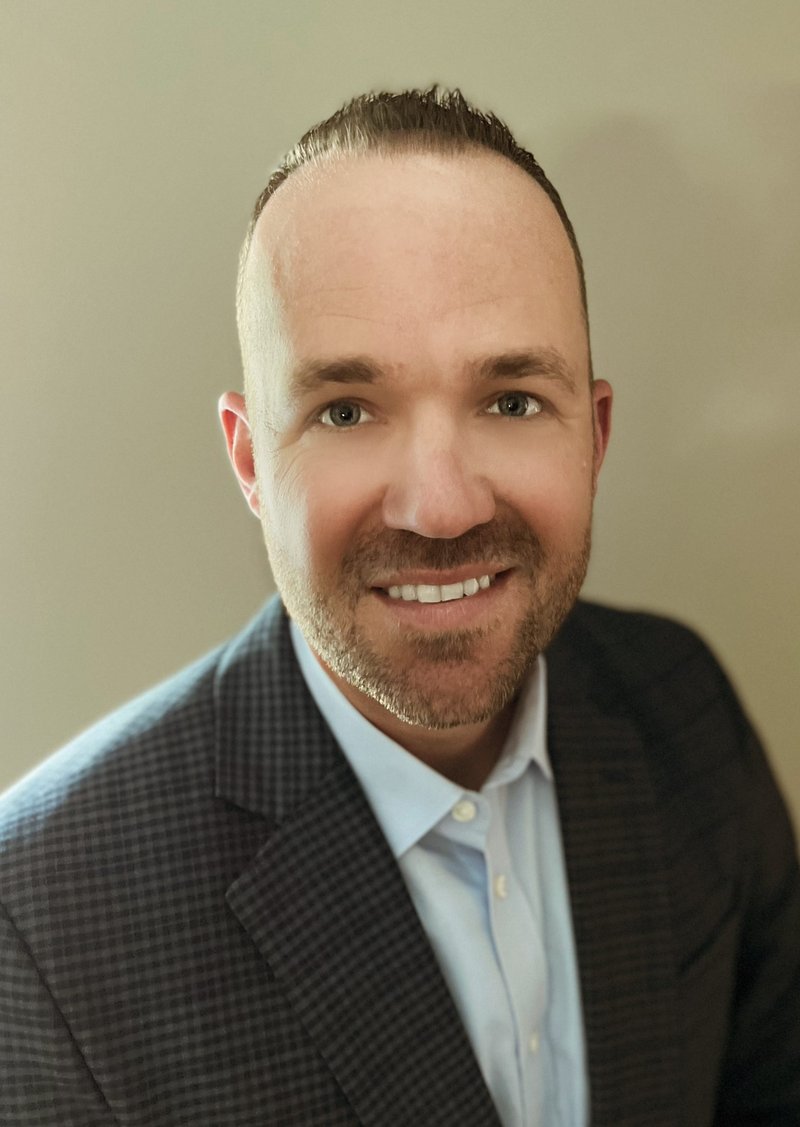 Chris Aiello
Chris Aiello Elevate customer service in the parts department
16355 S. Lone Elm Rd.
Olathe, KS 66062
Phone: 913 829-1000
http://www.tvh.com
Can you believe we’re already in January? Cheers to the New Year! I hope as you read this, your business and personal successes were prosperous in 2023 and you are entering the new year with enthusiasm for everything 2024 has in store. With that, let’s delve into the topic of customer service at the dealership—a subject consistently at the forefront of discussions among industry professionals. Customer service training and the overall customer experience should be paramount on your priority list as you look for ways to grow your business.
Successful dealers I speak with always point to how their success in after-sales service is because they recognized and implemented a good customer service training and customer experience program. As I’ve written in the past, the competition for talent is certainly not limited to your service technician staff. The competition for parts professionals, sales staff, office personnel, and management continues to be fierce. That is why you want to be sure to stay informed about the retention, recruitment, and development of these positions. In my current role, I certainly have a focused interest on the training and development of your parts professionals.
A well-functioning parts department is critical to the success of your service department and dealership overall. Whether it’s supplying replacement parts, providing technical look-up and research, or offering expert advice, the parts department plays a pivotal role in ensuring customer satisfaction.
Here are some key principles to revisit, implement, and/or adopt to elevate the customer service in your parts department:
Product Knowledge
Exceptional customer service begins with a deep understanding of the products being offered. In the parts department, it’s a necessity. Your parts professionals should be well-versed in the intricacies of the equipment and machinery sold by your dealership, knowing the specifications and compatibility of various parts. They should also be equipped to look up, source, and procure parts from competitive equipment that you may be servicing or selling parts over the counter for. A parts professional that enhances their product knowledge can contribute more effectively to the success of the department and the organization as a whole.
Training
How to build this product knowledge, you ask? If you are an OEM dealer, look to take advantage of any parts training they provide to your dealership. Additionally, the Parts Professional training program put on by TVH University is a valuable training resource. Training to establish knowledge on the most common parts on truck classes I-V, training to provide an understanding of model and serial numbers for major OEMs and how to utilize parts look-up research tools are just some of the topics covered in this course. In addition, the quality customer service training portion that is intended to strengthen the sales and customer service skills of your parts professionals to deliver better customer service over the phone, email, and in person. A well-informed parts department staff is better equipped to provide excellent customer service, answer inquiries accurately, and guide customers to getting the right part.
Communication
Communication is key in any customer service setting. Establish clear and accessible communication channels for your customers to inquire about parts availability, pricing, and specifications. Responsive communication not only builds trust but also contributes to a positive customer experience. Whether it’s through phone lines, email, or an online portal, make it easy for customers to get the information they need. As an industry colleague once told me, “Customers are willing to wait for a part, however they cannot wait for an answer.” In our world of instant communication, availability and responsiveness are non-negotiable components of exceptional customer service. Customers expect timely responses to inquiries and concerns, whether communicated through phone calls, emails, or in-person interactions. Being accessible builds trust and demonstrates a commitment to customer satisfaction.
Relationships
This may sound obvious as we all know in our industry that people buy from people. However, building off of the importance of communication as a key customer service principle in the previous paragraph, you also want to make sure that your parts professionals understand that building relationships is paramount to the growth and success of the department. Build relationships beyond the transactions; get to know your customers and their unique needs. Personalizing interactions fosters a sense of loyalty and customer satisfaction. Remembering a customer’s preferences, previous purchases, or equipment specifications adds a personal touch that goes a long way in creating lasting connections. Also remember, in the world of email, text, and digital chat communications, the in-person interaction and over the phone voice interactions help build a foundation of trust and familiarity with your customer and your business.
Conclusion
Exceptional customer service is the linchpin that can differentiate your dealership, fostering customer loyalty, repeat business, and positive word-of-mouth referrals within the industry. Every successful interaction in the parts department not only fulfills an immediate need but contributes to the long-term success and reputation of your dealership. Elevate your customer service in the parts department, and watch it become a driving force for customer loyalty and business growth.
About the Author:
Chris Aiello is the Business Development Manager at TVH Parts Co. He has been in the equipment business for 18-plus years as a service manager, quality assurance manager, and business development manager. Chris now manages a national outside sales team selling replacement parts and accessories in various equipment markets such as material handling, equipment rental, and construction/earthmoving dealerships.









